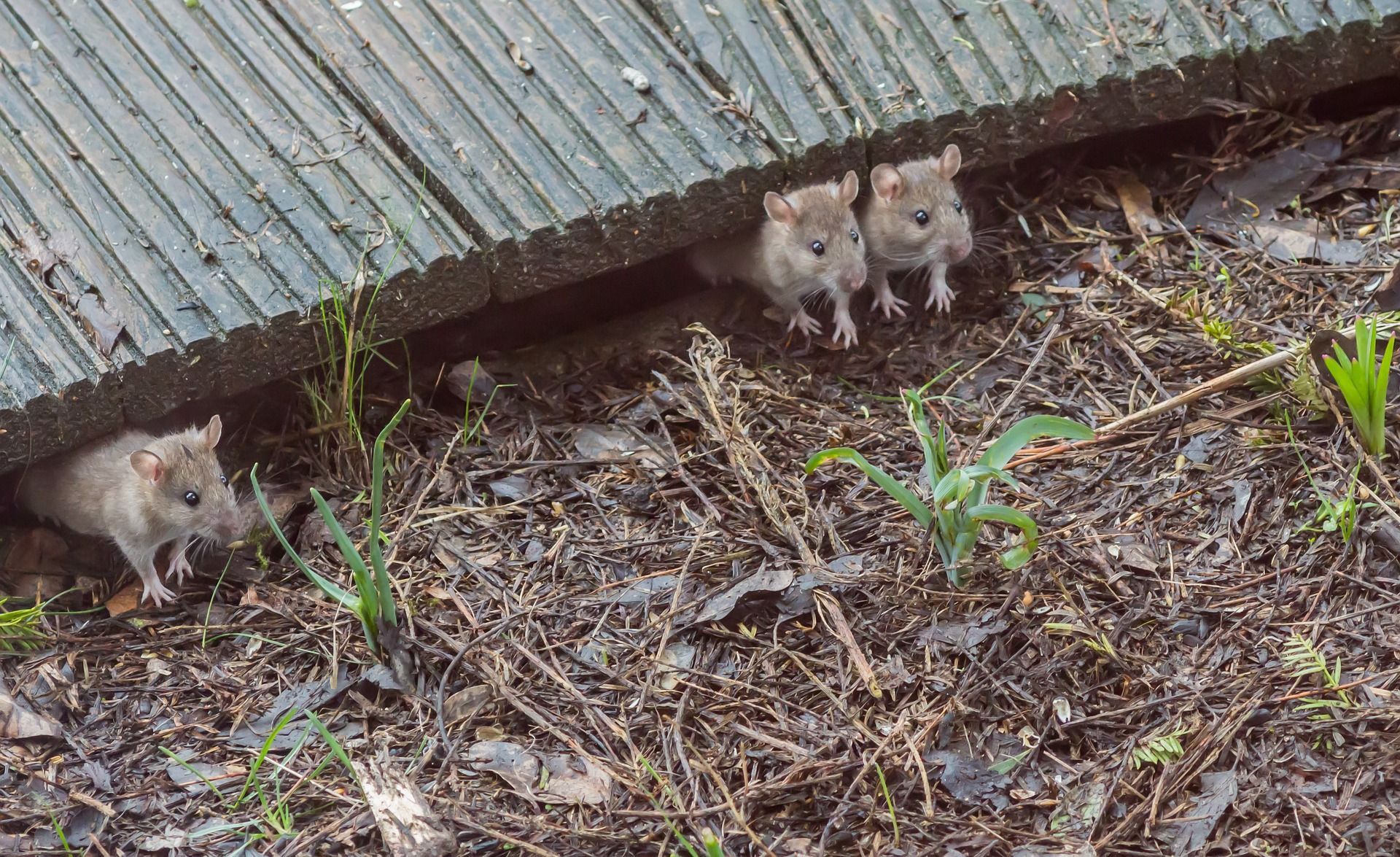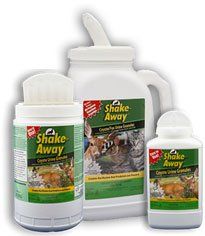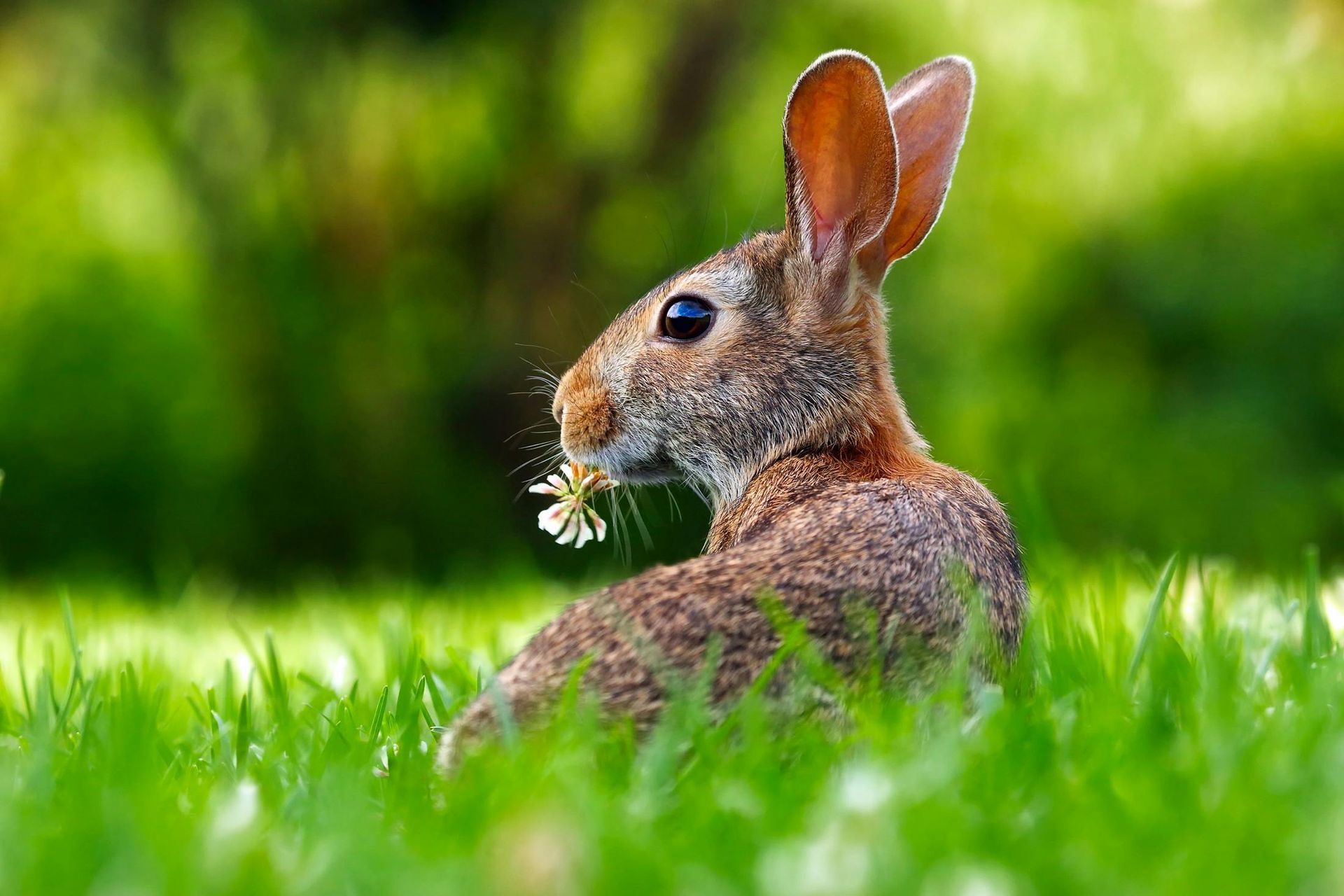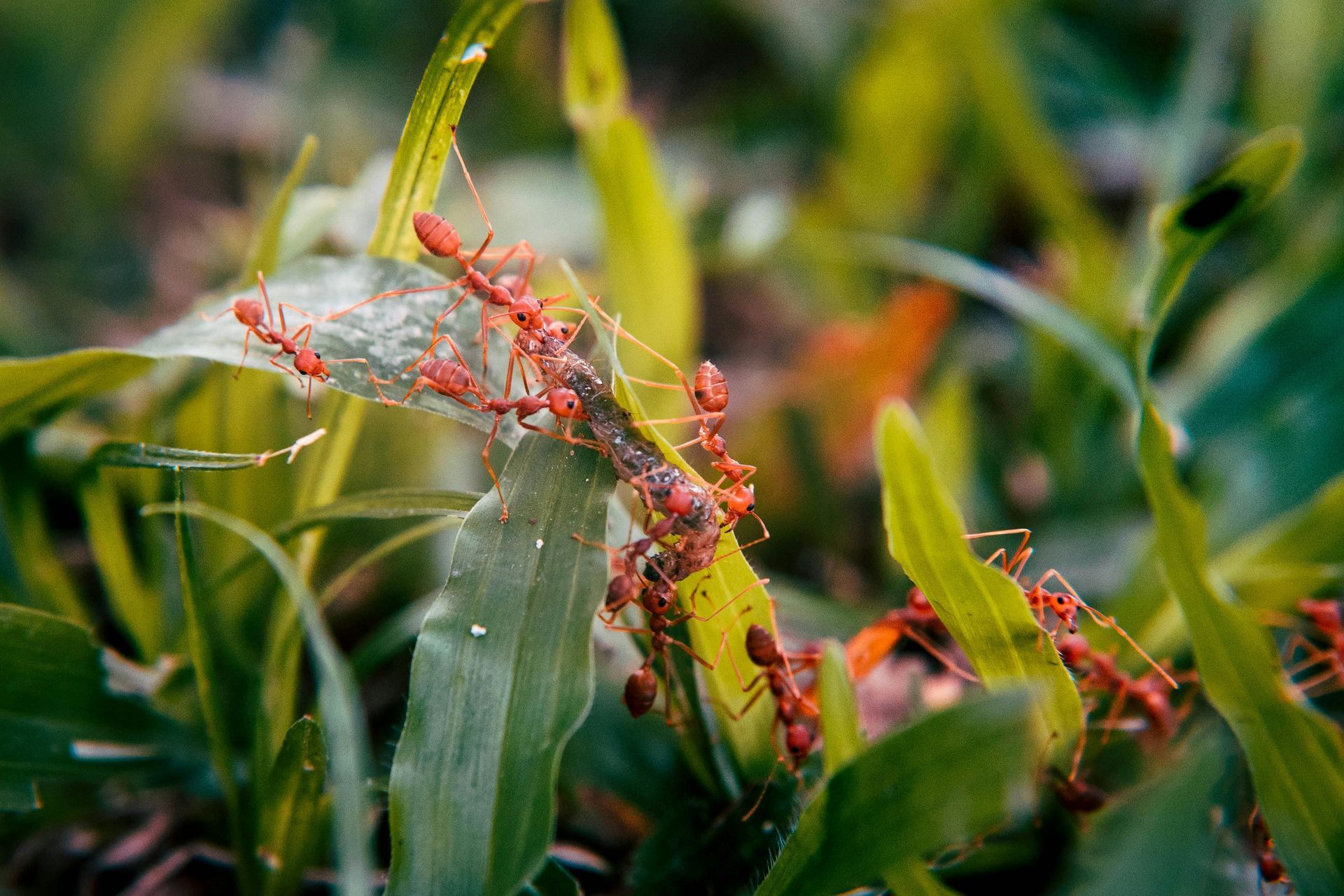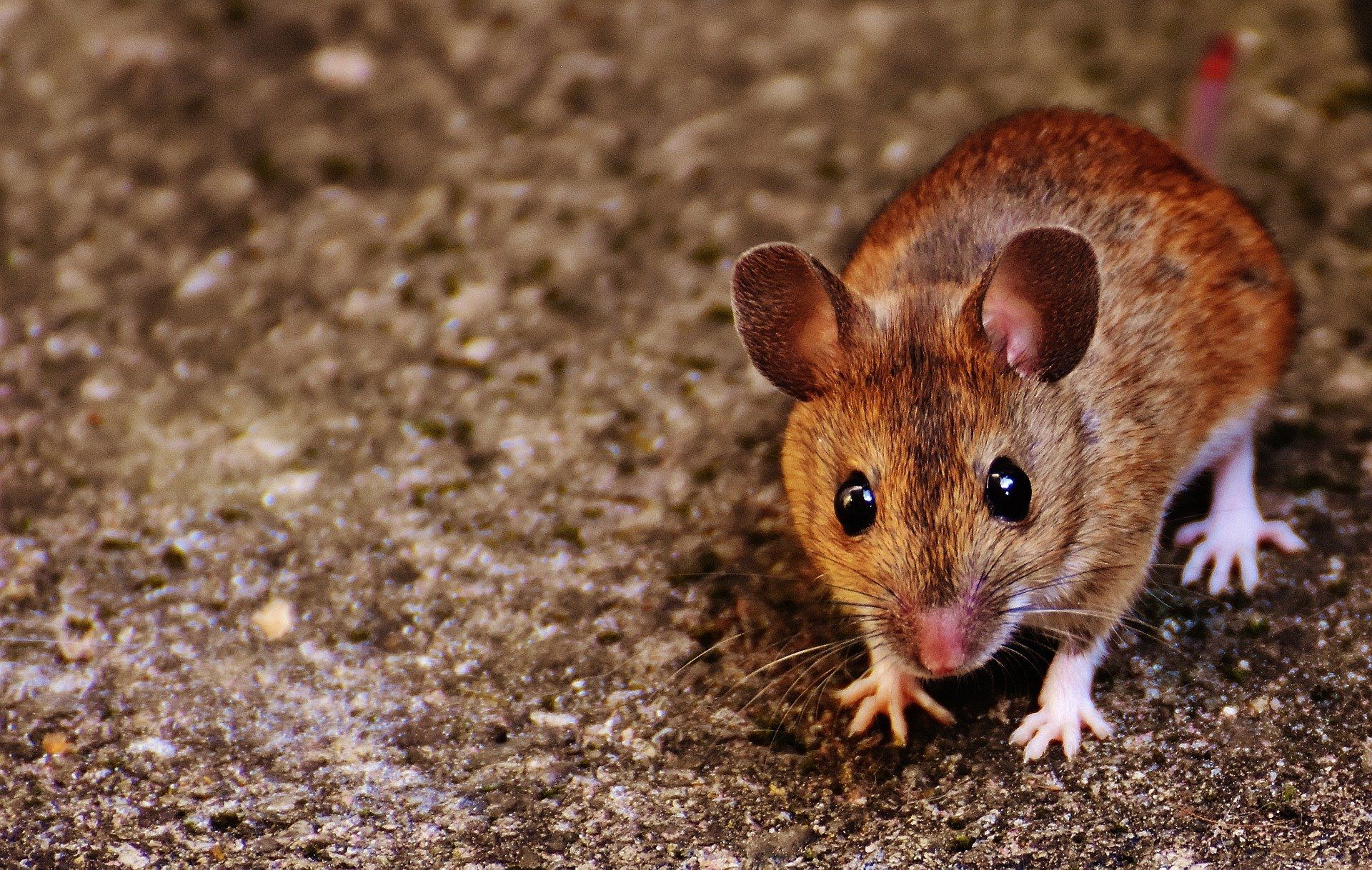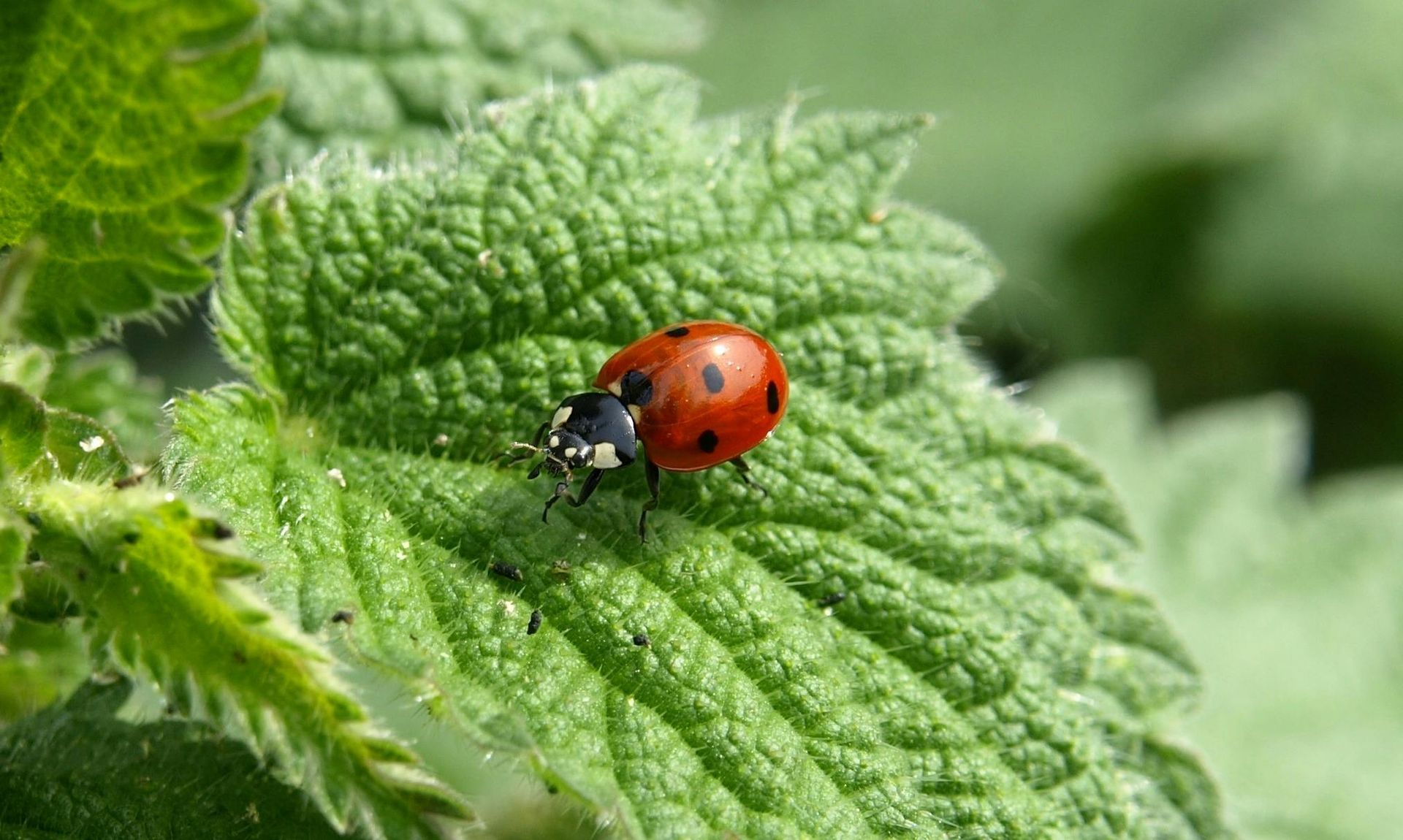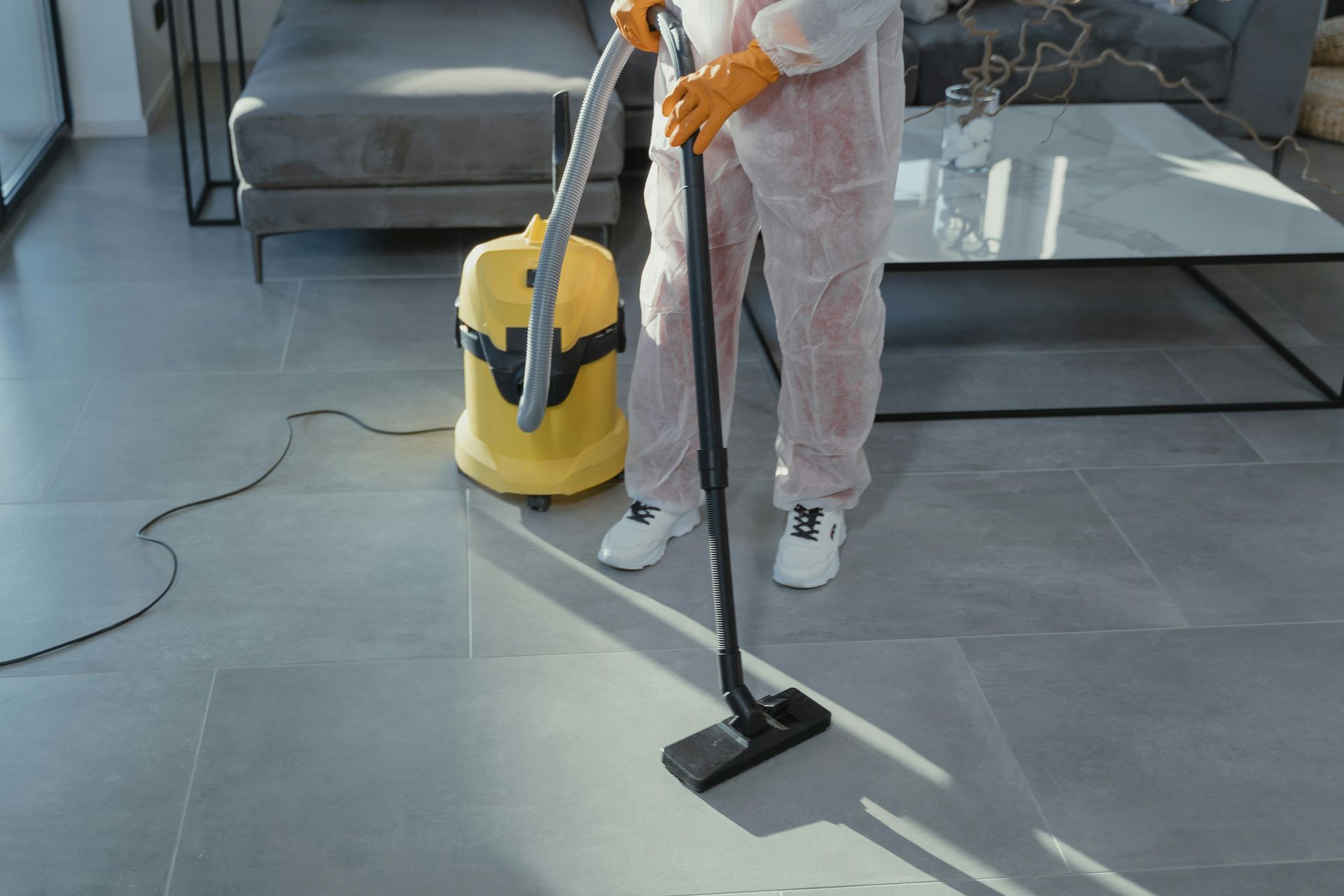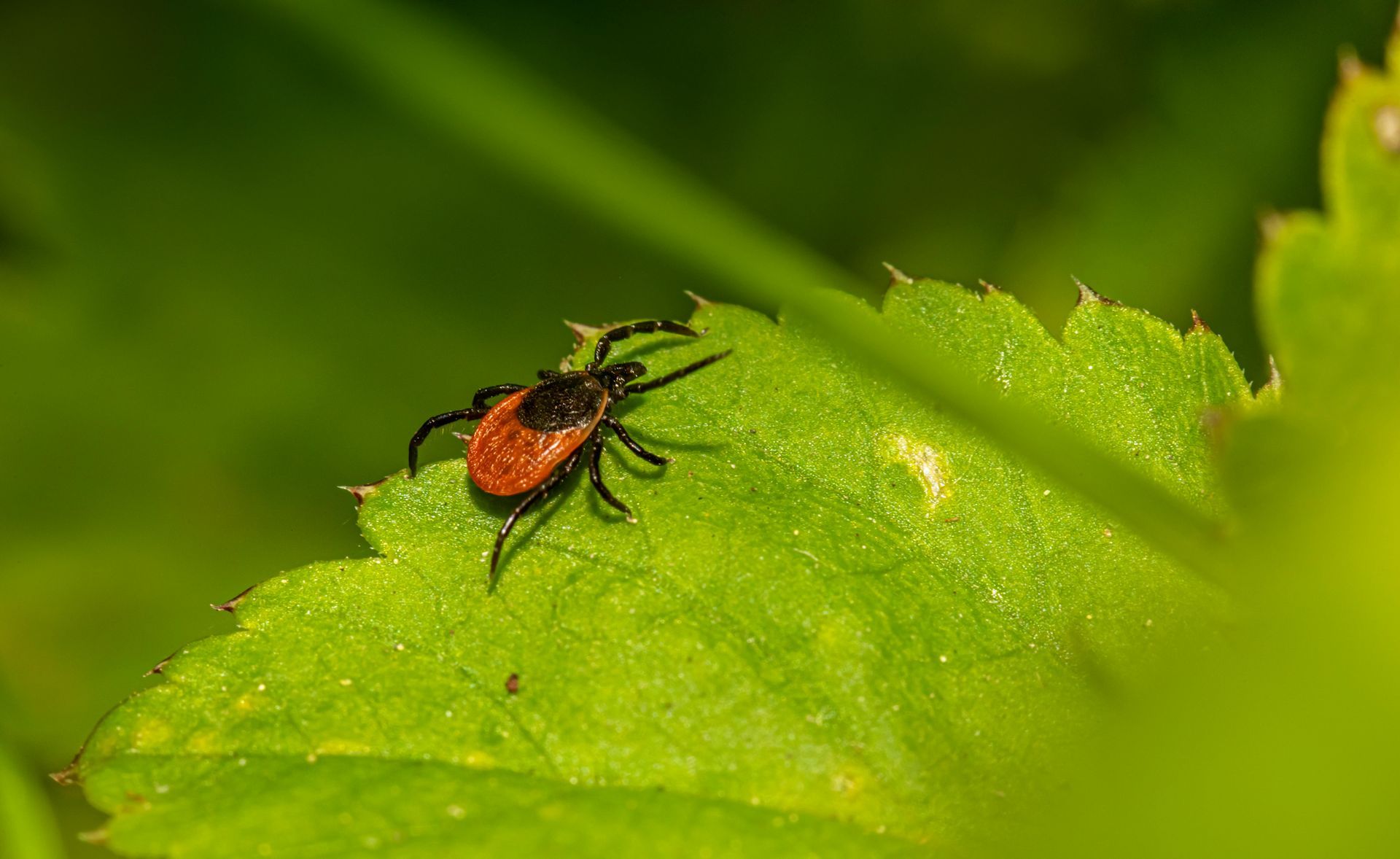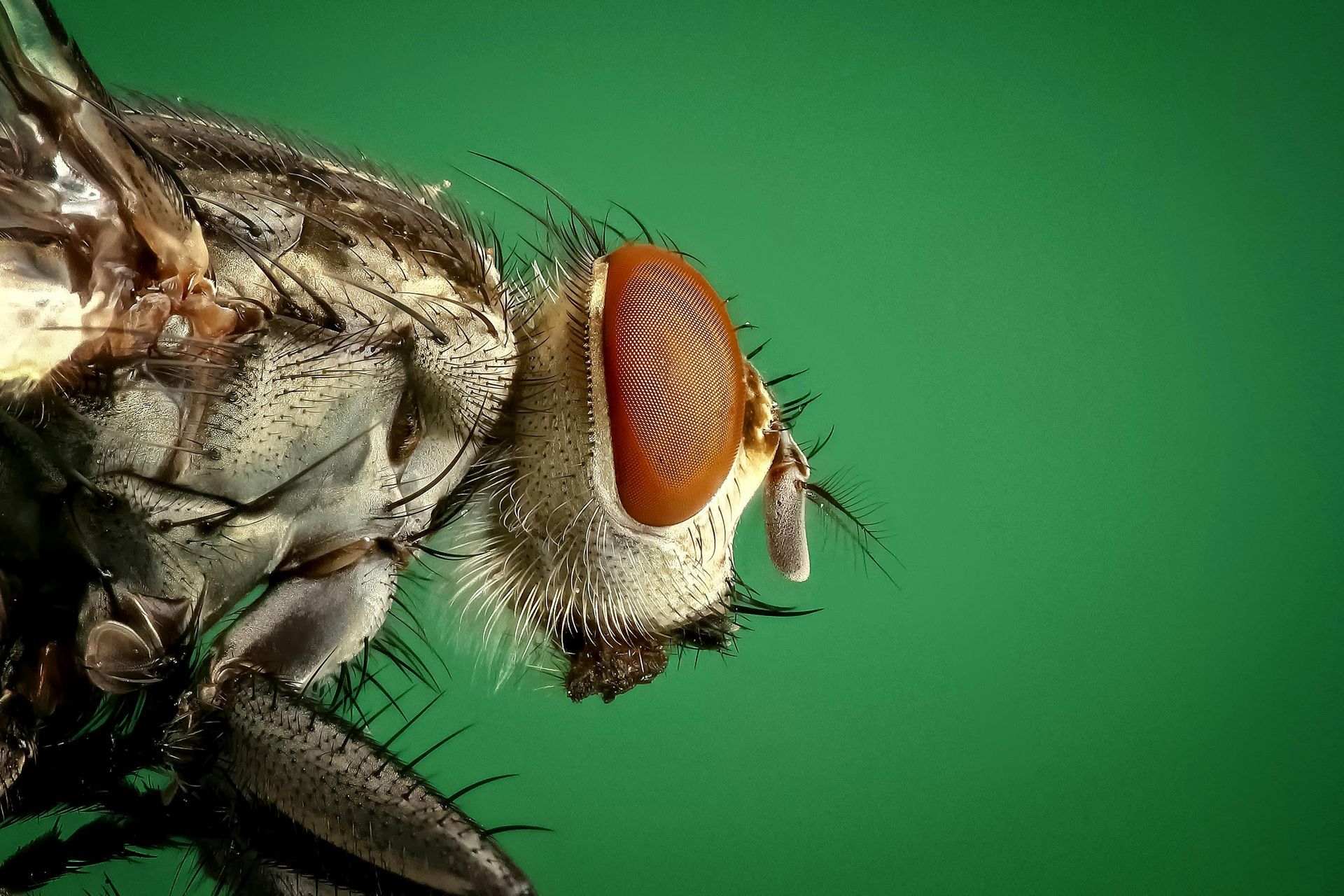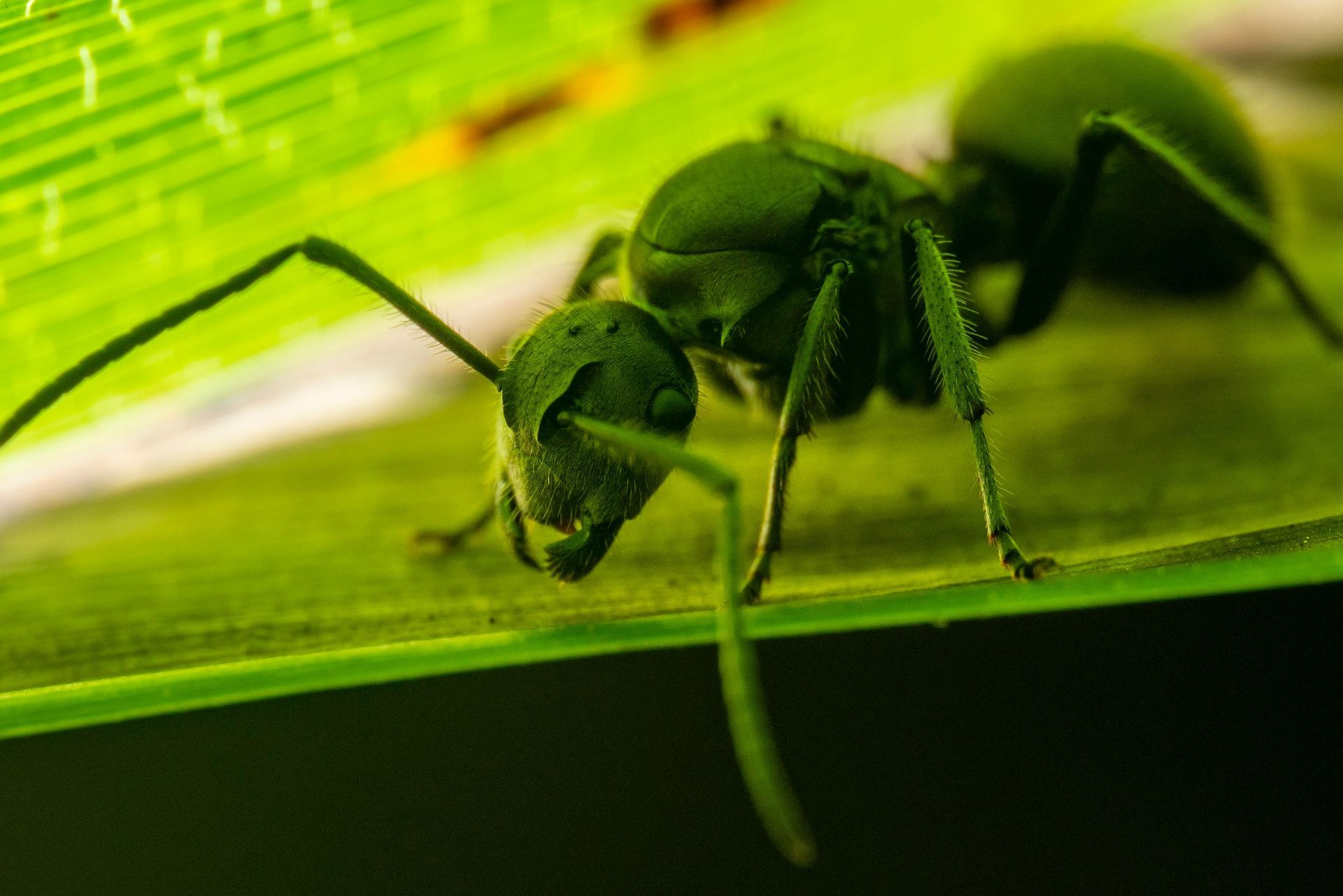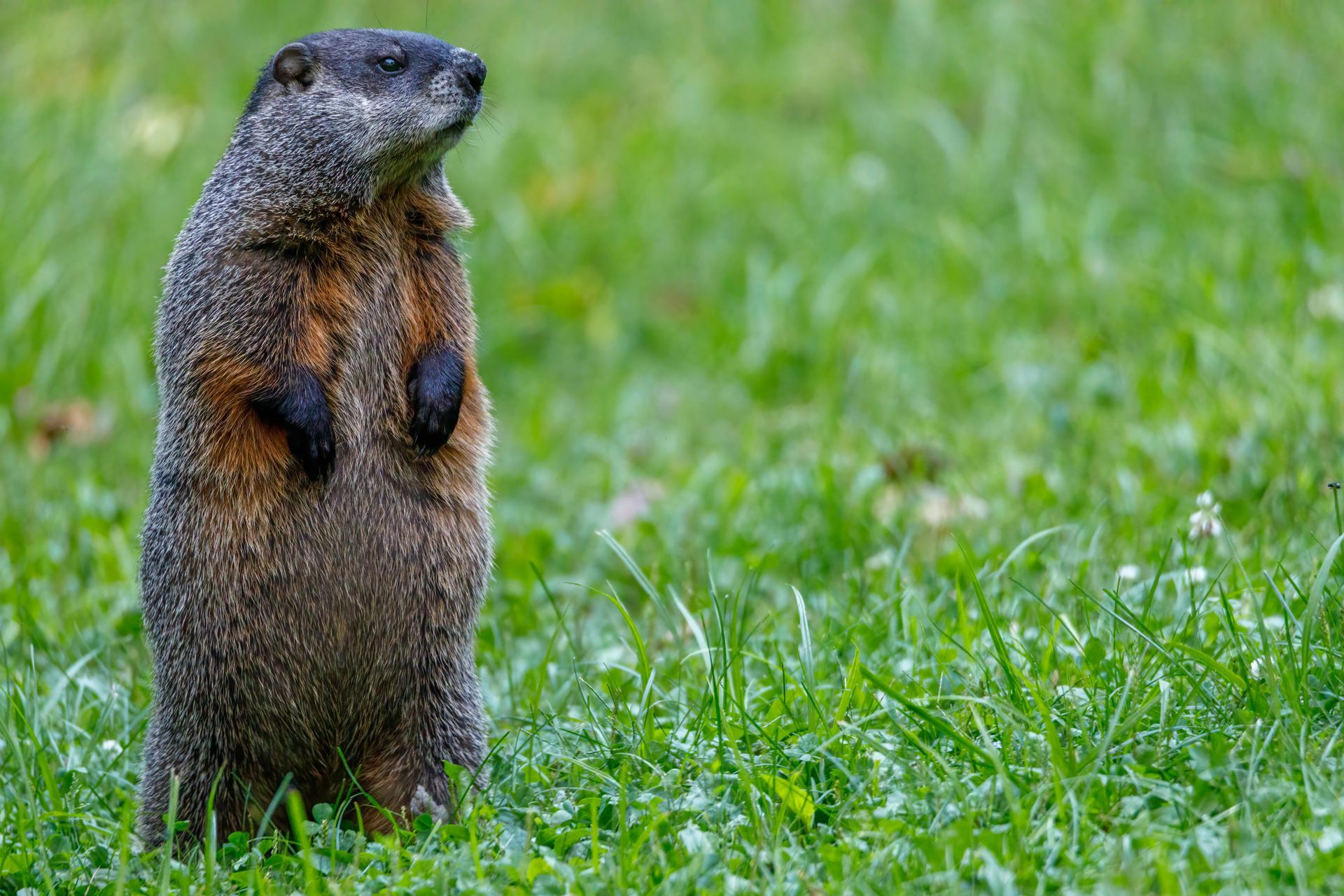The Raccoon in Winter – Should You Worry?
Raccoon Winter Behavior May Affect You The cold winter season means several pest animals, especially rodents, may move into your home for warmth and food. Winter’s colder weather can result in larger animals, including raccoon to do the same. If … Continue reading →

Raccoon Intrusion May Be More Likely in Winter
Raccoon Winter Behavior May Affect You
The cold winter season means several pest animals, especially rodents, may move into your home for warmth and food. Winter’s colder weather can result in larger animals, including raccoon to do the same. If the opportunity is available, a raccoon will squeeze into your attic, crawlspace or garage for shelter and avoid winter’s cold. Raccoons are not true hibernators and are active and looking for shelter and food throughout the winter months.
What do Raccoons Eat in Winter?
Raccoon are opportunistic omnivores and will eat whatever is available. Additionally, raccoons are smart and adaptable. They often choose shelter based on food abundance. As winter eliminates many of their natural food sources including bird eggs, insects, and larvae, raccoons are more likely to turn to your trash can or pet food as a readily available source of nutrition. Doing so draws them even closer to your home and searching for proximal shelter.
Why Having Raccoon in Your Space is Trouble
Especially worrisome, raccoons tend to travel and habitat in groups called a “gaze”. That means that it is possible, if not likely, that if your home or garage is available as a shelter and there is a nearby food source, you could have multiple raccoons living with you.
Additionally, according to the Center for Disease Control (CDC) raccoon are the most frequent carriers of rabies and their droppings often contain parasites that are harmful to human health.
What to do if a Raccoon has Moved In
A raccoon can be an aggressive and formidable fighter – do not attempt to remove the raccoon. Instead, call a professional wildlife handler or qualified exterminator to remove the intruder.
How to Prevent Raccoon Intrusion
Rather than risking the danger and damage of a raccoon moving in, keeping a raccoon out is a better strategy. Below are some steps you can take to prevent raccoon intrusion:
- Examine the exterior of your home and garage and cover or fix any openings large enough to provide an entrance to a raccoon. Pay special attention to areas around the attic and roofline.
- Remove or secure all potential food sources including trash cans and pet food
- Clear your food gardens of any fallen vegetables or fruits
- As a preventive measure, place a raccoon repellent product like Shake-Away Raccoon Repellent in areas that may be accessible to a raccoon.
Remember, raccoons are aggressive, damage-causing intruders that are a threat to human health. Their presence in and around your home during any season means danger to you and your possessions. Prepare well to avoid raccoon intrusion and act quickly if it occurs.
Critter Repellent All Natural Animal Repellent Blog
